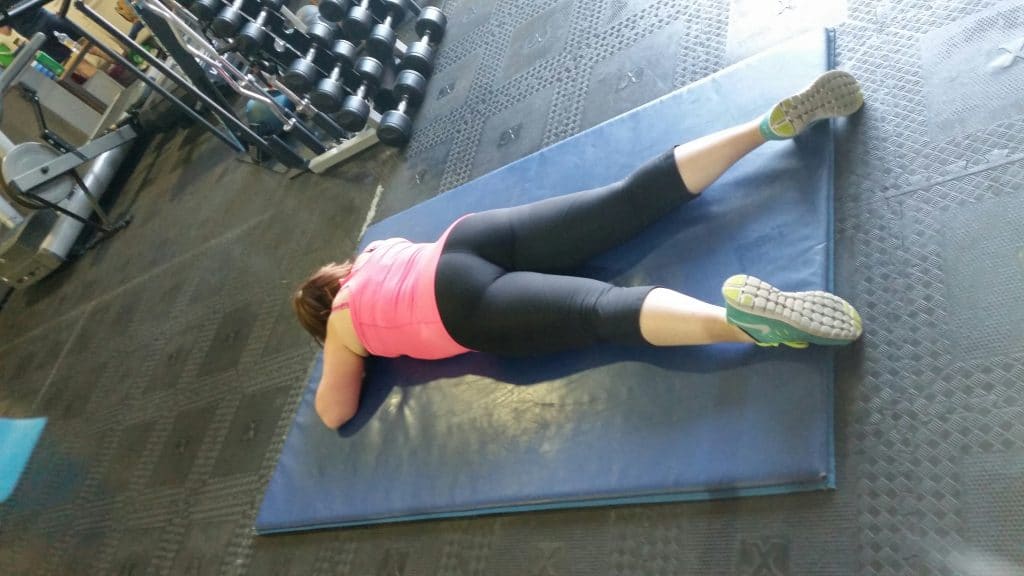
The importance of Rest and Recovery
“Your ability to get results is dependent on your ability to recover from the stresses you place upon it” – Kev Walker Modelhealth
Whilst you all need to stay active and exercise forms part of this whether for aesthetics and or health exercise can be another form of stress. Exercise should be seen as a complete lifestyle and that includes having sufficient rest and be able to recover from the day’s activities.
Some research suggests that because muscle soreness can peak two days post-exercise, a minimum of 48 hours of rest is optimal to allow recovery and prevent injury but the amount of rest time you need is very much a personal thing factoring in things including;
- Fitness level
- The extent of exercise and
- The nature of the exercise
- Your nutrition
- Yours goals
The importance of rest
Rest is important to let your body recuperate and recover from the stresses that we have placed on it. This will keep your body and mind fit, strong and healthy and prepare it for the next day’s stresses.
The importance of recovery
Recovery allows your muscles to regenerate and strengthen, muscles will only grow if they have time to recover and the right nutrition. Recovery can be active for example after a weights day you may want to try a cardio day that allows the sore muscles to recover without placing stress on them whilst keeping mobility. How ever if your goal is to build muscle mass cut back on aerobic exercise and get your nutrition right. IF you work Legs one day then chose another area to work the next day. If you are not getting the results from your workouts, then review your rest and recovery in addition to your training and nutrition. It is not about the number of hours you spend at the gym it’s about the quality of the training, the quality of the nutrition and the quality of rest and recovery. Periodise your training in phases of conditioning, strength and endurance. A marathon runner doesn’t run a marathon every day. They build in shorter sessions with drills to increase speed and strength as well as endurance.
Listen to your body, if you are not 100% you won’t get 100% out of your workout. Your body is very good at telling you when to slow down and/or stop!
Its normal to worry about losing the precious gains you have made but you can bounce back even stronger from some time out.
Fat Loss
If you don’t factor in rest and recovery when planning your training your body will be stressed and your fat deposits can increase. Sleep is an important part of our recovery and again is not about quantity it’s about the quality of sleep too. When we lack sleep, or are stressed our level of cortisol will rise. cortisol hormone plays an important part in regulating our appetite and fat burning ability. Improving your sleep will bring your hormones back into a healthy range and work to reduce your abdominal fat along with a healthy diet and exercise.
On average humans need between 7-9 hours good quality sleep for overall health and maintenance. Chronic sleep disruptions increase the risk of high blood pressure, heart attack, stroke and irregular heartbeats. Obesity increases the risk of sleep problems.
- Don’t eat too close to going to bed, I suggest a 3 hour gap if possible to allow your body to metabolise your food.
- Turn off the TV and / or computer at least 30 minutes before you intend to go to bed. These are stimulants that will stop you from sleeping.
- Don’t have any electrical items in your bedroom they give off EMF which are known to interfere with your hormones as.
- Some people suggest black out blinds but personally I like to wake up when the sun streams through the curtains.
- Caffeine – keep it to mornings only
It is impossible to train hard 52 weeks of the year, downtime must be part of the process.
Plan smart training and include smart nutrition and rest and recovery
If you have any questions or need help do contact us
Anita



Recent Comments